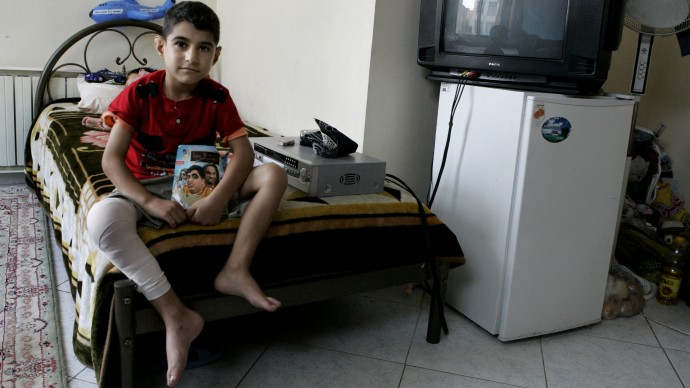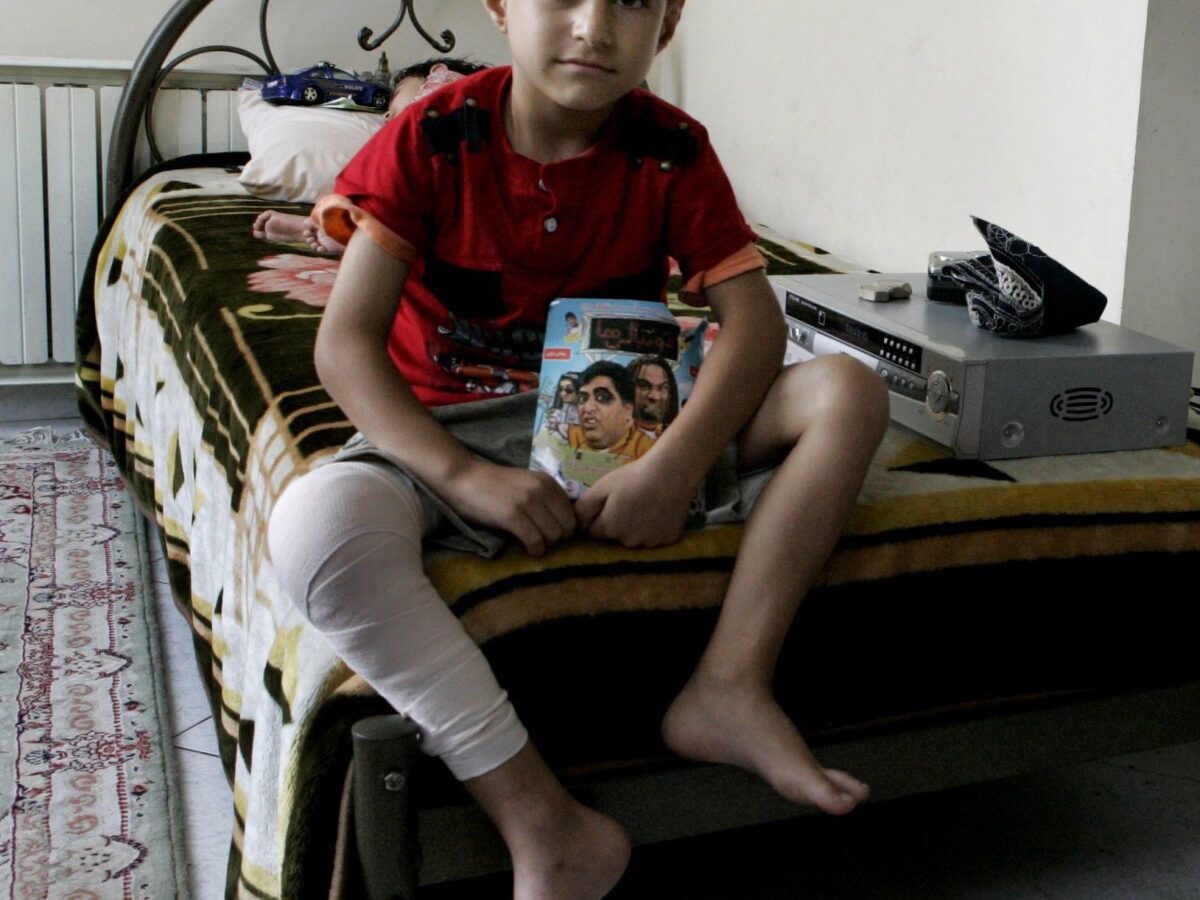
(MintPress) – Iranian oil exports have plummeted 45 percent in the past nine months, according to a statement by the country’s oil minister Monday. Similarly, the annual inflation rate hit 27.4 percent at the end of 2012, one of the highest rates ever quoted by Iranian authorities.
Rounds of sanctions designed to deter the Ahmadinejad government from pursuing what the U.S. and Israel see as a potentially destabilizing nuclear program have crippled the oil and financial sectors in Iran. However, it is the civilian population that continues to bear the brunt of sanctions as medical supplies and food are reportedly in scarce supply.
The move constitutes an undeniable collective punishment against Iran’s 75 million citizens, the vast majority of whom have no say as to the direction of their country’s nuclear ambitions. The Obama administration fails to see that starving civilians will only embolden government hardliners and stir anti-Americanism in a country where the U.S. desperately needs to open constructive negotiations.
Sanctions hurt civilians
“Medicine, medicine any kind you want,” shout street dealers at a black market in Tehran.
For the first time in 10 years, black market medicine dealers have returned to Tehran, hawking prescriptions and medical supplies now in short supply.
“Sometimes we don’t even have serum for dehydrated patients,” said a young doctor, in an anonymous statement. Before sanctions, Iran showed signs of economic growth and a decent standard of living, driven by a strong oil exporting economy. Now, even staple foods like rice, cooking oil and chicken are in short supply.
“Ordinary Iranians completely unconnected to the government have had their lives effectively ground to a halt as the sudden and unprecedented collapse of the financial system has rendered any meaningful form of commerce effectively impossible, writes Murtaza Hussain, in an October Op-Ed.
“In recent weeks, the price of staples such as rice and cooking oil have skyrocketed and once ubiquitous foods such as chicken have been rendered completely out of the reach of the average citizen,” adds Hussain, an analyst of Middle East issues.
These sanctions are arguably a form of collective punishment against an innocent civilian population. The United Nations expressly forbids crackdowns against civilian populations under the Fourth Geneva Convention of 1949.
“No persons may be punished for an offense he or she has not personally committed. Collective penalties and likewise all measures of intimidation or of terrorism are prohibited. Pillage is prohibited. Reprisals against persons and their property are prohibited.”
Iranians in the US
Sanctions have had a far reaching effect, even targeting Iranian exchange students studying in the U.S.
Recent reports show that Iranian students studying at the University of Minnesota Law school have had their bank accounts terminated, without reason, by TCF Bank. Student Kamyar Ghorbanebrahimi received a Dec. 26 letter from the bank saying that his personal account was terminated, effective immediately.
“When I received that, I was walking around confused for two days,” Ghorbanebrahimi said. Twenty of 67 Iranian students at the university say they have received similar letters.
Ghorbanebrahimi claims that he has neither sent nor received money from Iran, having used only the personal savings he brought with him to the U.S. Even if the law school student did receive money from his family, it would be considered legal under current U.S. Treasury Laws, which only prohibit transactions with known terrorists, terrorist organizations or blacklisted banks.
U.S. banks are not allowed to do business directly with Iran. However, U.S. citizens and Iranians can exchange money indirectly, through intermediary banks.
A look back: Sanctions on Iraq and Cuba
U.S. sanctions over the past 60 years have historically constituted attacks on civilians in countries where Washington wishes to intimidate a foreign government and create a policy change. The strong-arm tactics have proven both immoral and ineffective.
Over 50 years of sanctions against Cuba have not changed Havana’s policy one iota, nor has the civilian population rejected en masse the ideals of the 1959 Revolution — namely, the collectivization of industry under a centrally planned, state-run economy.
Arguably the most brutal set of U.S. sanctions targeted Iraq during the first Gulf War. The Security Council voted to impose sanctions Aug. 6, 1990, four days after Iraq’s invasion of Kuwait, remaining in place relatively unchanged until May 2003.
Although the sanctions were touted by elected officials as a measure to limit the tyrannical rule of Saddam Hussein, the civilian suffering was undeniably widespread during the 13-year stretch.
Sanctions leading to a lack of food created mass malnutrition, especially among Iraqi children. The food shortage lead to the deaths of 100,000 children during the worst period of sanctions, 1991-1998. According to Columbia University researcher Richard Garfield,
“This rise in the mortality rate accounted for between a minimum of 100,000 and a more likely estimate of 227,000 excess deaths among young children from August 1991 through March 1998. About one-quarter of these deaths were mainly associated with the Gulf war; most were primarily associated with sanctions.”
Other organizations like UNICEF place the figure much higher, at 500,000 child deaths. Regardless of the exact figure, the devastation wrought by U.S.-led sanctions is undeniable in Cuba, Iraq and now Iran. Policy objectives cannot and should not be achieved through the death and coercion of innocent civilians.


